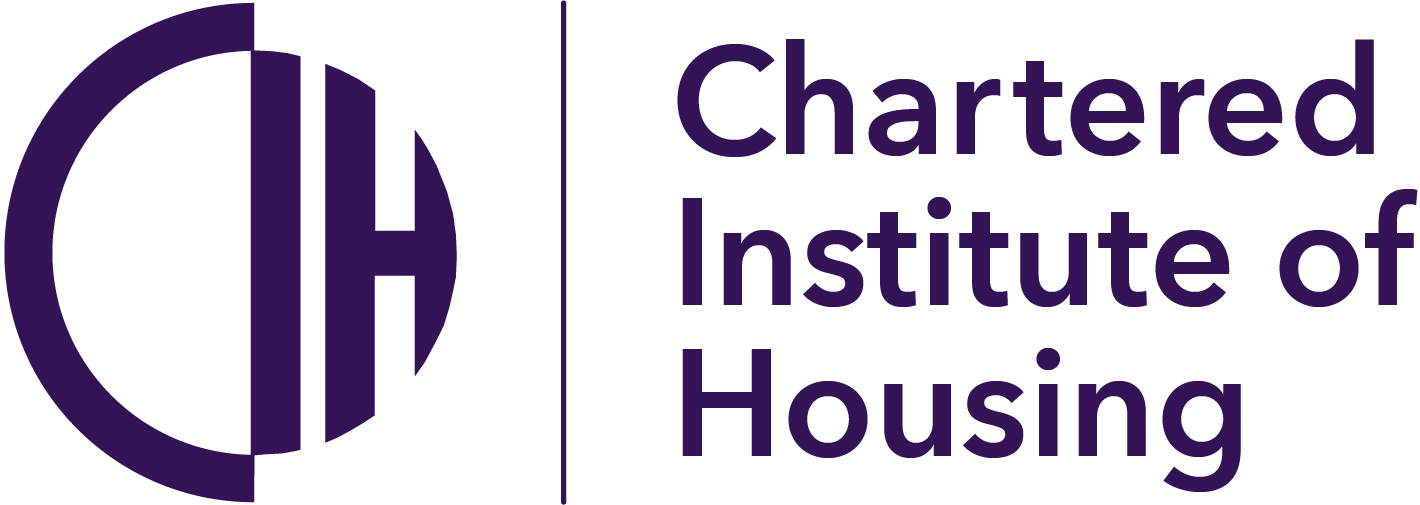CIH produces second cost-of-living crisis briefing for the housing sector

The Chartered Institute of Housing (CIH) is publishing a series of bulletins to provide an up-to-date synopsis of the latest research and data on how the cost-of-living crisis is affecting housing and social housing tenants.
The first bulletin, launched in June 2022, looked at how the crisis is growing and why, the effects on household bills, how much help the government is providing, and evidence of how the crisis affects social tenants.
The second bulletin, published today, details how the cost-of-living crisis is impacting social housing tenants and how housing providers are responding. This issue provides the sector with an easy to read summary of the latest research and data, with tenant case studies and a look at how the sector is responding.
Some briefing highlights from the latest CIH COL bulletin include:
- UK inflation hit a new 40-year high of 9.4%. Housing and energy costs have increased by 19.6% since June 2021 (ONS)
- 4.4 million households – one in six – are now estimated to be in “serious financial difficulties” (Financial Fairness Trust)
- Inflation is highest in the UK’s poorest cities, with a clear north-south divide (Centre for Cities)
- Demographics are affected differently. Single female and BAME households are experiencing 50% higher costs than their male and white counterparts (respectively) as a portion of their income (New Economics Foundation)
- The Chancellor’s support package, although welcome to tackle rising energy costs, does not go far enough - 2.3m households have already gone without heating and eating. Government debt deductions are exacerbating the problem.
- Case studies from social housing providers Riverside, Grand Union, L&Q, Midland Heart [possibly Karbon] and Newydd (Wales) highlight some of the ways in which the sector is responding to help.
Within the briefing CIH call on government to provide enough help with housing costs and restore £20 uplift for Universal Credit claimants, bring forward investment on net zero with long-term plans to tackle poor energy efficient homes and invest in a long-term strategy to end homelessness, provide good quality temporary accommodation, and invest in supported housing.
The CIH is also calling for an increase in grant levels to provide homes at social rents we need each year
The next briefing, due to be issued in September, will look at how changes in benefits have reduced the help available and what further government support is needed.
Rachael Williamson, head of policy and external affairs at CIH, said: “The cost-of-living crisis is having a huge effect across society, with social housing tenants some of the hardest hit. Our aim in creating this cost-of-living series is to provide a succinct, insightful summary of the latest research and statistics alongside resident voice and sector response. We hope you find this a useful briefing to inform your understanding.”








